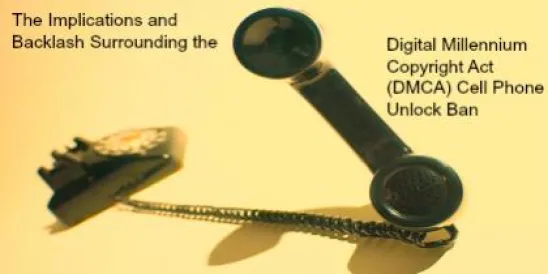Wow, another big day for the TCPAWorld in the Ninth Circuit, as the appellate court, on top of the confirmation of the broad ATDS definition in Marks, held that the caller must have the consent of the subscriber or customary user to the phone number called, despite consent of the intended recipient of the call. (See N.L. v. Credit One Bank, Case No. 19-15399 (9th Cir. Jun 3, 2020).)
When Credit One Bank had its vendors to start calling a 9847 number, all it wanted to do was collect some past-due payments from its customer who gave Credit One the number as his contact information. Nevertheless, and this happens quite often, all these debt collection calls went to someone else. In this case, the calls all went to an eleven-year-old boy, who had been the actual user of the 9847 number after the telephone number was two years later reassigned to the boy’s mother without Credit One’s knowledge.
As a result, the boy received more than 180 calls from Credit One’s vendors during a three-month period of time, after the former subscriber of the phone number, the Credit One customer, fell behind on his credit card payments. The issue eventually became whether Credit One was liable under the TCPA when the party it intended to call (its customer) had given consent to be called, although the party it actually called (N.L.) had not.
N.L. settled with the vendors and his claims against Credit One went to trial before a jury.
On the issue of consent, the district court instructed the jury that “[t]he law requires the consent of the current subscriber of the called phone, in this case, [Mother of N.L.], or the consent of the nonsubscriber, customary user of the called phone, in this case, [N.L.]. Consent from the intended recipient of the call … is not sufficient.”
After a three-day trial, the jury returned a verdict for N.L. on this TCPA claim. Credit One appealed.
The Ninth Circuit Court of Appeal, for the first time, offered its answer to the following question:
“When a caller who is otherwise subject to the TCPA phones someone who has not consented to its calls, can the caller avoid liability under the TCPA’s ATDS prohibitions if the person it intended to call had consented to the calls?”
Upon a review of the Seventh, the Eleventh, D.C. and the Third Circuits opinions, the Ninth Circuit Appellate Court decided to agree with these sister circuits:
Credit One’s intent to call a customer who had consented to its calls does not exempt Credit One from liability under the TCPA when it calls someone else who did not consent.
As the court analyzes, this interpretation follows from the language of the statute in accordance with its ordinary and natural meanings and in light of the key statutory terms used in the context. For example, the TCPA provision nowhere references an “intended” recipient of the calls and it would not make sense if “called party” as referenced under the provision meant an intended but uncalled recipient. Further, Congress appears to equate the “called party” with the “receiving party,” as it states that “[b]anning such automated or prerecorded telephone calls to the home, except when the receiving party consents to receiving the call …, is the only effective means of protecting telephone consumer from this nuisance and privacy invasion.” (N.L., Case No. 19-15399 at 12 (citation omitted).) In addition, pursuant to the 2015 FCC’s order, it expressly “clarif[ied] that the TCPA requires the consent not of the intended recipient of a call, but of the current subscriber (or non-subscriber customary user of the phone).” (Id. at 13 (citation omitted).)
On the issue of the ATDS definition, Credit One challenged the district court’s jury instruction, which follows the court’s decision in Marks that an ATDS is an equipment that has the capacity to either store numbers to be called or produce random or sequential number to be called. The appellate court, first acknowledging the circuit split on this issue, states that Marks is the binding law in this circuit, and that “definition of ATDS includes a device that stores telephone numbers to be called, whether or not those numbers have been generated by a random or sequential number generator.”




 />i
/>i

